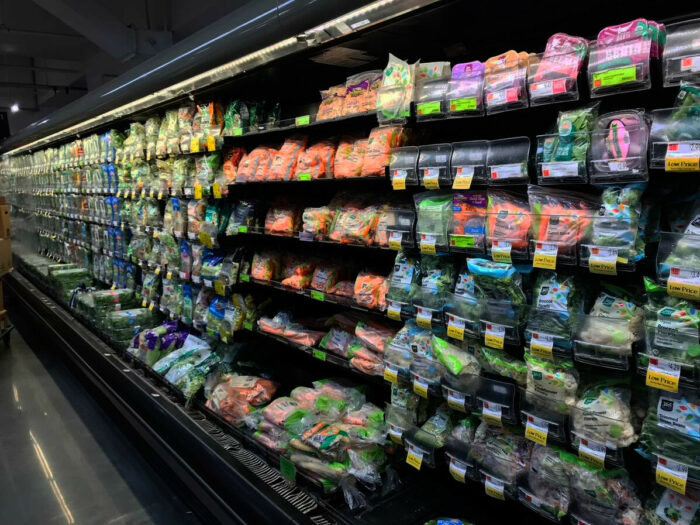The end of plastics
People seem concerned about microplastics. They’re in all our bloodstreams. The endocrine disrupting chemicals they leech out probably contribute to globally rising birth defects and globally falling sperm counts. You’ve probably read about it all.
Since plastic doesn’t change to non-plastic when it breaks down, but it all breaks down, all plastic will become microplastic. I guess we might burn some and it becomes other pollution, but nearly all of it will become microplastic, which will last something like 500 to 1,000 years.

I don’t see how any of it being recycled or put in landfills would prevent it from eventually making it in to the oceans. Even stuff in landfills, as sea levels rise, oceans will flood the landfills. We’ll have a hard enough time protecting cities. How will we stop oceans from reaching landfills? When they do, they’ll cause a lot of that waste to float to sea. At sea all that microplastic will likely disperse throughout and become evenly distributed like salt.
If so, microplastic will permeate the food chain and the bodies and bloodstream of all life. It seems inevitable that even if we stop producing plastic today, we’ll face centuries to millennia of birth defects, low sperm counts, low IQs, and so on, no matter how much money anyone has or how secure their bunkers.
I can’t fathom how people can be so cavalier about plastic. How many birth defects do we want? Do we really want centuries of it just so we can order more takeout?
How can people associate places like Whole Foods with health? Look at this display at one near me. Vegetables can be healthy, but this display just reeks of birth defects. None of that plastic is necessary for health. It’s only necessary for their business plan, which involves putting local produce industry out of business.

Read my weekly newsletter

On initiative, leadership, the environment, and burpees